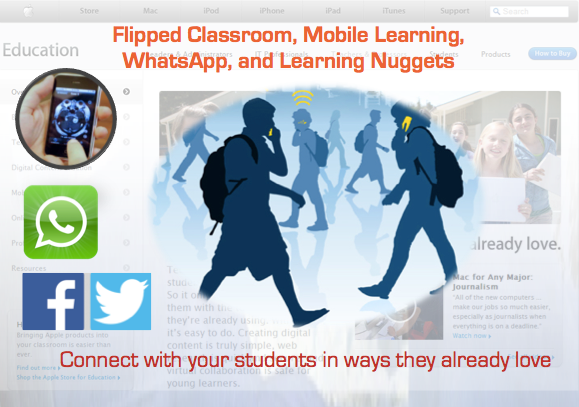MOOC for Credit?

Change is inevitable. The Ministry of Higher Education (MOHE) has mandated The Malaysian Qualifications Agency (MQA) to implement the 'MOOCs plus credit recognition and transfer' initiative, which would enable all MOOCs courses from Malaysia and other platforms such as Coursera, Edx, Canvas, etc, to be registered into the Malaysia's MOOC platform and be given credit (MOOCs is the acronym for Massive Open Online Courses). The question is, are we ready? Yes, and No. As someone involved directly on the ground, helping to lead the Malaysia MOOC initiative for the 20 Malaysian public universities , I can see the challenges ahead, but as Anthony Robin said, “The only impossible journey is the one you never begin”. MOOC is a big thing. I believe it is a game changer. Twenty two of the top 25 US universities in US News World Report rankings are now offering courses online for free. In 2014, the so-called Big 3 MOOC providers, Coursera, Udacity, and edX, introducing their own creden...




